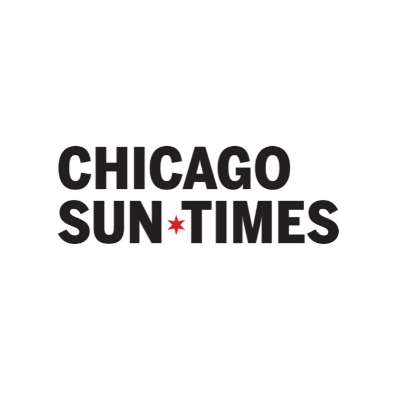 The Chicago Sun-Times Article Rating
The Chicago Sun-Times Article RatingSupreme Court takes America backwards in striking down race in college admissions
- Bias Rating
-58% Medium Liberal
- Reliability
70% ReliableGood
- Policy Leaning
10% Center
- Politician Portrayal
34% Negative
Continue For Free
Create your free account to see the in-depth bias analytics and more.
Continue
Continue
By creating an account, you agree to our Terms and Privacy Policy, and subscribe to email updates. Already a member: Log inBias Score Analysis
The A.I. bias rating includes policy and politician portrayal leanings based on the author’s tone found in the article using machine learning. Bias scores are on a scale of -100% to 100% with higher negative scores being more liberal and higher positive scores being more conservative, and 0% being neutral.
Sentiments
N/A
- Liberal
- Conservative
| Sentence | Sentiment | Bias |
|---|---|---|
Unlock this feature by upgrading to the Pro plan. | ||
Reliability Score Analysis
Policy Leaning Analysis
Politician Portrayal Analysis
Bias Meter
Extremely
Liberal
Very
Liberal
Moderately
Liberal
Somewhat Liberal
Center
Somewhat Conservative
Moderately
Conservative
Very
Conservative
Extremely
Conservative
-100%
Liberal
100%
Conservative

Contributing sentiments towards policy:
57% : Race-conscious admissions in higher education -- using race as one factor among many in admission decisions -- had been upheld since 1978, when the Supreme Court ruled in Regents of the University of California v. Bakke that colleges and universities can use affirmative action to admit more applicants of color and further the goal of student diversity.52% : On Thursday, in a decision that turns a blind eye to the realities of race in America and sets aside years of legal precedent, the Supreme Court did what court-watchers had been expecting for weeks: It struck down affirmative action in higher education.
47% : Public opinion on affirmative action is more mixed: Half of all Americans disapprove of selective colleges taking race and ethnicity into account in admissions decisions, a spring 2023 survey by Pew Research Center found.
45% : The six conservative justices -- Roberts, Samuel A. Alito Jr., Clarence Thomas, Neil M. Gorsuch, Brett M. Kavanaugh and Amy Coney Barrett -- sided with white and Asian students who had sued Harvard and the UNC, claiming they were discriminated against in admissions because of affirmative action policies that were aimed at recruiting more Black, Latino and Native American students.
35% : That's what happened, for example, in California after that state banned affirmative action in public colleges and universities in 1996.
*Our bias meter rating uses data science including sentiment analysis, machine learning and our proprietary algorithm for determining biases in news articles. Bias scores are on a scale of -100% to 100% with higher negative scores being more liberal and higher positive scores being more conservative, and 0% being neutral. The rating is an independent analysis and is not affiliated nor sponsored by the news source or any other organization.





















